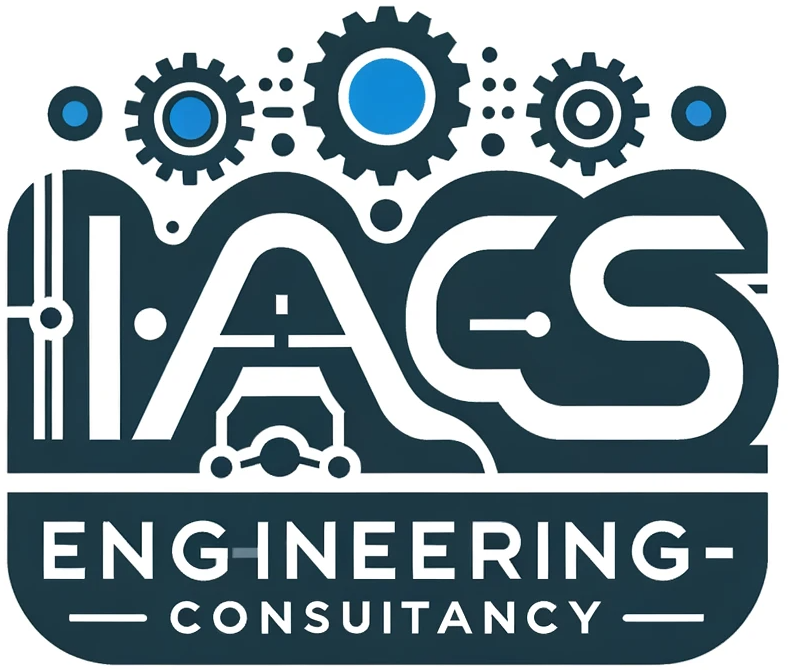What are Controller Gains?
Controller gains are tuning parameters that adjust the responsiveness and stability of a Proportional-Integral-Derivative (PID) controller. The three main gains are:
- Proportional Gain (Kp): Defines how much the controller output changes in response to the current error (difference between setpoint and process variable).
- Integral Gain (Ki): Eliminates steady-state error by accumulating the error over time and adjusting the output accordingly.
- Derivative Gain (Kd): Anticipates future changes in the error based on its rate of change, improving transient response.
What are Unites of Controller Gains?
- Kp: Depends on the specific process (dimensionless for ratio control, units for other control types).
- Ki: Typically time^-1 (inverse of process time constant).
- Kd: Time constant (units of the process variable divided by time).
Impact of Controller Gains:
- High Kp: Faster response but can lead to instability (oscillations).
- Low Kp: Slower response but promotes stability.
- High Ki: Eliminates steady-state error but can cause sluggishness.
- Low Ki: Allows faster response but may not eliminate steady-state error.
- High Kd: Improves transient response but can amplify noise and lead to instability.
- Low Kd: Less sensitive to noise but slower transient response.
Tuning Techniques:
- Ziegler-Nichols: Provides a starting point for Kp and Ki based on process characteristics.
- Cohen-Coon: Offers tuning constants for different process types.
- Internal Model Control (IMC): Advanced technique for processes with well-defined models.
Expert Tips:
- Tune gains one at a time, starting with Kp, then Ki, and finally Kd.
- Consider process dynamics and desired control behavior when tuning.
- Use simulation tools to test different gain settings before implementing on real hardware.
Additional Points:
- Controller gain tuning is an iterative process requiring adjustments based on real-world performance.
- Some advanced controllers offer automatic tuning functionalities.
Remember: Optimal controller gains depend on the specific process and desired control objectives.
Gain Scheduling:
Gain scheduling is a control strategy where the PID gains (Kp, Ki, Kd) are dynamically adjusted based on the operating conditions. Instead of using fixed gains, a “schedule” of PID parameters tailored to specific scenarios is implemented. This compensates for nonlinearity and ensures stable, efficient control.
Transform Your Process Control with 24/ 7 Expert PID Tuning Solutions:
Unlock unparalleled system performance by leveraging my specialized PID tuning services. We fine-tune each critical controller gain—proportional, integral, and derivative—to strike the perfect balance between responsiveness and stability. Whether you’re battling oscillations or seeking rapid transient response, our data-driven approach, which incorporates industry-proven techniques like Ziegler-Nichols and dynamic gain scheduling, ensures your process control systems achieve optimal precision. Engage our services to enhance operational efficiency, minimize error, and secure a competitive edge with a system that’s as robust as it is agile.
Call our Principal Control Systems Engineer 24/7: +61 415 580 588
